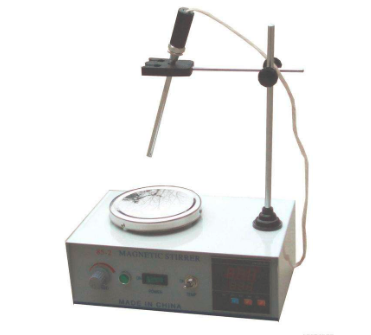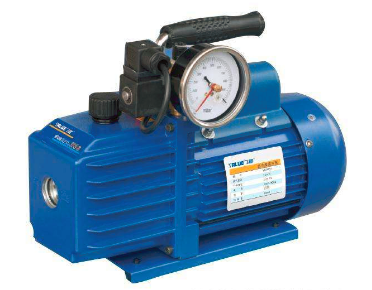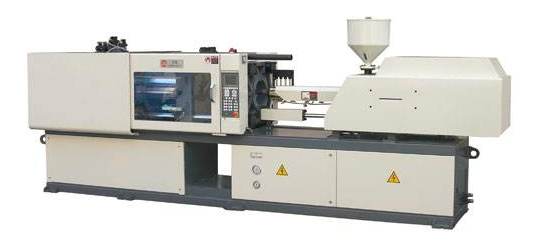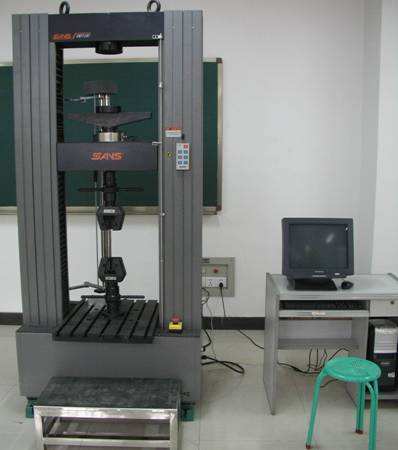聚丙烯凹凸棒土纳米复合材料的制备及力学性能研究毕业论文
2020-07-07 21:56:12
摘 要
世界上早在上世纪40年代起便开始了对凹凸棒土的研究,[1]我国至上世纪70年代才开始发现丰富的凹凸棒土矿区,并进行勘测开采和研究实验。[2]
目前,人们对凹凸棒土的结构认识没有统一。[3]天然凹凸棒土表面含有大量硅羟基基团,通过加入表面活性剂,偶联剂等进行改性以改变凹凸棒土的表面性质,从完美的亲水性到适度的亲水性,同时具有无机和有机的性质。[4] 本试验采用硅烷偶联剂对凹凸棒土进行表面改性,并制备改性凹凸棒土/聚丙烯纳米复合材料和进行力学性能的研究。结果表明, 使用改性凹凸棒石对复合材料进行填充改善了其力学性能。扫描电子显微镜的结果表明,改性后的凹凸棒土均匀地分散在复合材料基质中,这证明了改性凹凸棒土和聚丙烯之间强相互作用的存在。
关键词:聚丙烯 凹凸棒土 有机改性 硅烷偶联剂 力学性能
Study on preparation and mechanical properties of polypropylene/Attapulgite nanocomposites
Abstract
The world in the 40 's since the beginning of the study of Attapulgite, in China in the first century of the 70 began to discover rich attapulgite mining area, and carry out survey and mining and research experiments. At present, there is no unified understanding of the structure of Attapulgite. Natural attapulgite surface contains a large number of silicon hydroxyl groups, through the addition of surfactants, coupling agents, such as modified to change the surface properties of Attapulgite, from perfect hydrophilicity to moderate hydrophilicity, at the same time with inorganic and organic properties. In this experiment, the surface modification of attapulgite was made by silane coupling agent, and the modified attapulgite/polypropylene nanocomposites were prepared and the mechanical properties were studied. The results showed that the mechanical properties were improved by using modified Attapulgite to fill the composites. The results of scanning electron microscope show that the modified attapulgite is uniformly dispersed in the composite matrix, which proves the existence of strong interaction between the modified attapulgite and polypropylene.
Keyword: Polypropylene; Attapulgite; Organic modification; Silane coupling agent; Mechanical properties.
目 录
摘 要 I
Abstract II
第一章 文献综述 1
1.1 引言 1
1.2 凹凸棒土简介 2
1.2.1凹凸棒土的结构 2
1.2.2凹凸棒土的性能 2
1.3 凹凸棒土的表面改性及改性机理 3
1.3.1 硅烷偶联剂的改性机理 3
1.3.2 表面活性剂的改性机理 3
1.4 聚丙烯/凹凸棒土复合材料的制备 4
1.5 本课题研究的内容及实验的目的 4
1.5.1 试验研究内容 4
1.5.2 实验的目的及意义 4
第二章 实验部分 6
2.1 实验流程 6
2.2 实验原料 6
2.3 实验仪器 7
2.3.1 实验仪器 7
2.4 凹凸棒土的改性 8
2.4.1 实验准备 8
2.4.2凹凸棒土的提纯 8
2.4.3 凹凸棒土的改性 9
2.5 聚丙烯/凹凸棒土纳米复合材料的制备 9
2.5.1 双螺杆挤出机制备混合材料及切粒 9
2.5.2 注塑成型 9
2.6 性能测试 10
2.6.1 拉伸性能的测试 10
2.6.2 弯曲性能的测定 10
2.6.3 缺口冲击性能的测定 11
2.6.4 熔融指数的测定 11
第三章 结果与讨论 12
3.1 未改性凹凸棒土对复合材料性能的影响 12
3.1.2 拉伸性能 12
3.1.3 缺口冲击性能 13
3.2 不同偶联剂对复合材料性能的影响 14
3.3 不同含量凹凸棒土对复合材料性能的影响 15
3.3.1 KH570改性凹凸棒土对复合材料弯曲性能的影响 15
3.3.2 KH570改性凹凸棒土对复合材料拉伸性能的影响 15
3.4 加入相容剂对复合材料性能的影响 17
3.5 扫描电镜检测试验分析 18
第四章 结论与展望 20
4.1 对实验的总结 20
4.1.1 凹凸棒土的改性 20
4.1.2 聚丙烯/凹凸棒土纳米复合材料的力学性能 20
4.2 对未来的展望 20
参考文献 22
致谢 25
第一章 文献综述
1.1 引言
纳米材料按材料在纳米尺度上(0 ~ 100 nm)分散相的数目分为一、二、三维纳米材料,聚合物纳米复合材料是一种分散相至少一维为纳米相的复合材料,具有极大的表面积[4],因此具备了一系列物理、化学效应,如尺寸效应、界面效应、等等[5],这些不同的效应使凹凸棒土拥有了许多独特的性能,为聚合物纳米复合材料的应用领域打开了新世界的大门。
聚丙烯(PP)根据其应用方式的不同而分为不同牌号,具体取决于熔融指数和是否含有其他成分等[6]。其结构如图1-1所示。[7]聚丙烯使用范围非常广泛,但由于其结晶度不足,所以冲击性能过低而不能满足工程热塑性塑料方面的应用条件。因此,我们常常采用共聚、加助剂等方法来改善聚丙烯的性能。[8]但这些传统的改性方法均有一定的局限性,而近年来纳米技术的发展给聚丙烯提供了一种新的改性途径。
相关图片展示:







课题毕业论文、开题报告、任务书、外文翻译、程序设计、图纸设计等资料可联系客服协助查找。



